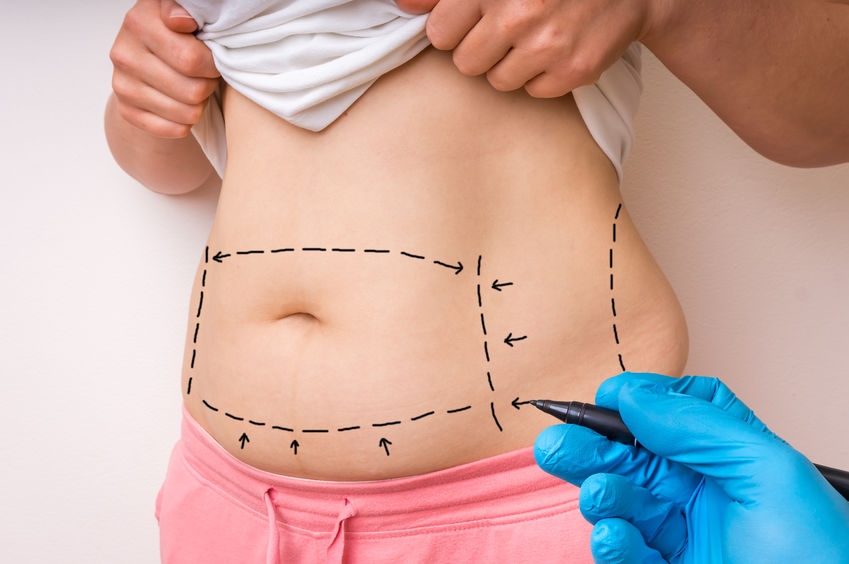Are You At Risk Of A Rotator Cuff Tear?
The rotator cuff is a collection of tendons and muscles that connects to the shoulder. Without the rotator cuff, shoulder movement and strength are near impossible. Rotator cuffs are also at risk of injury, particularly in athletes and workers who lift or move heavy equipment. Sometimes, a full-thickness tear requires rotator cuff surgery, which means the patient will be out of commission for some time. Understanding the recovery timeline can make the process easier and more successful.
Stitching things up with surgery
Rotator cuff surgery has come a long way, thanks to minimally invasive techniques. Now, more than 300,000 outpatient surgeries happen every year. An orthopedic surgeon will address the full-thickness tear using arthroscopy. Using a snake-like tool with a high-powered camera, the surgeon accesses the shoulder through small incisions. Other surgical instruments help to reattach the torn tendon to the bone and clean up damaged tissue. Surgery may take a few hours, and the patient can leave the hospital the same day. However, this is just the start of the road to recovery.
Recovery starts with pain management
Once a patient leaves the hospital, recovery starts almost immediately. Unsurprisingly, there will be a bit more pain than before because of surgery. At this stage, pain management is vital. The shoulder will remain in a sling for at least 4 weeks. A combination of pain medication, rest, ice packs, and gentle stretching helps with swelling and discomfort. In the coming week or two, the patient will speak with the doctor to review the surgery. Physical therapy will begin at this stage to improve strength and movement.
Improving ROM with physical therapy
From at least 2 weeks onward, weekly physical therapy sessions will help regain range of motion. The physical therapist will combine stretching and minor resistance exercises to strengthen the surrounding muscles. Physical therapists also help with simple actions like sleeping on the shoulder and dressing. The patient can add some recommended stretching exercises at home to help with stiffness. After 6-8 weeks, there will be some improvement in pain and flexibility. This improvement will allow patients to drive and resume light work for short periods.
Getting a bit more active
Over time, there should be some improved strength and movement. This part of recovery is delicate as patients tend to overexert the shoulder, opening the door for re-injury. Trusting the process is an essential part of recovery. Over the 12-16-week period, physical therapy increases in intensity. Make sure to measure the limits of the shoulder and take the necessary rest.
Seeing the finish line
Full recovery can take between 4-6 months. At this stage, the patient should be able to resume full activities like work and some sports. A doctor must give the all-clear first, but most cases reach this stage without incident. There are some cases where recovery can go beyond the 6-month mark. Patients over 65, those with other health conditions, and severe injuries can need much more time. Surgery is not without risk. Look for signs of infection like fever and swelling, nerve pain, and other uncomfortable symptoms. While recovery times vary, the 6-month mark is a reasonable timeframe for an improved quality of life.
Trust the recovery process
Rotator cuff tears can be painful and reduce shoulder movement. Full-thickness tears can benefit from outpatient surgery. Through pain management, physical therapy, and exercise, the injury should recover within 4-6 months. Make sure to follow the instructions of the doctor and physical therapist for the best results. Rotator cuffs are also prone to re-injury. Make sure to keep up with gentle exercise and know the limits of the shoulder. For any further questions or support, keep in contact with the medical team.




